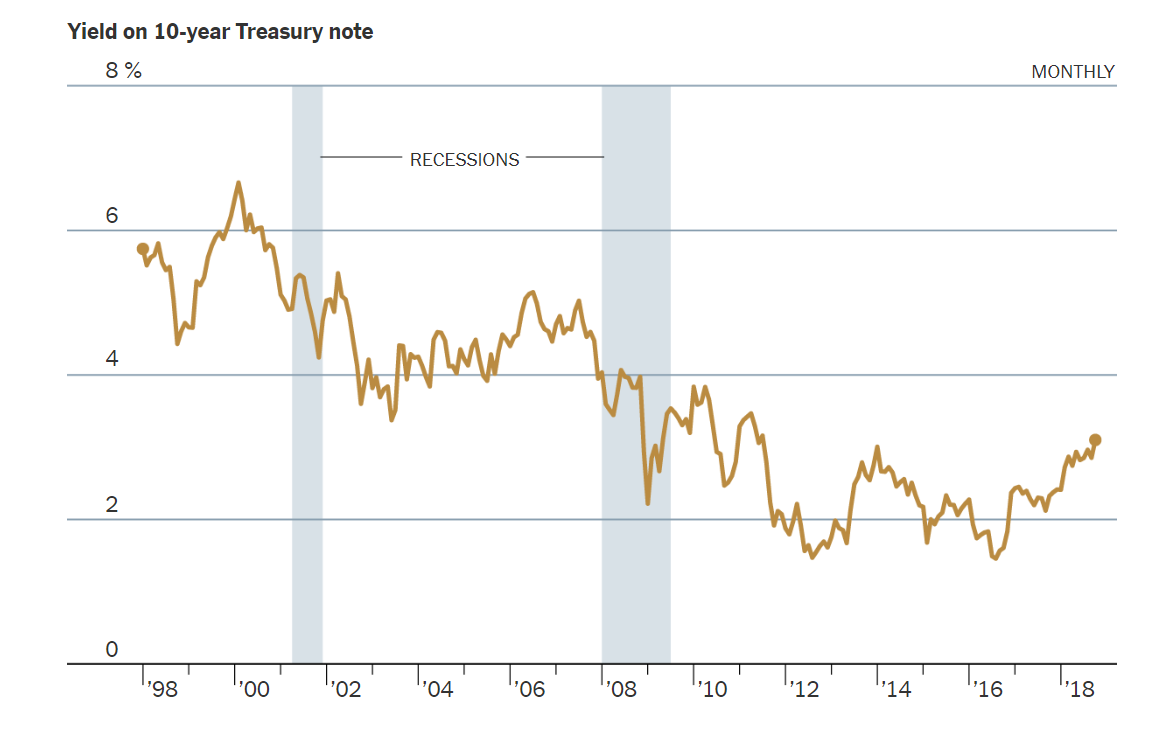In the Bauman household, dad is primarily responsible for the budget.
I think that’s because my family assumes that because I was trained as an economist, I should be good at it.
Whether that’s true or not, it reflects a misunderstanding that many people have about budgeting. It’s not about being good with numbers. It’s about being good at prioritizing.
For example, my daughter has recently been making noises about acquiring a rabbit and/or a guinea pig. To her, it seems like an open and shut case. They’re small, unobtrusive, easy to care for and their upkeep doesn’t cost much. What’s not to like?
It’s up to me to remind the tyke how much it would cost to have someone care for an extra animal when we take our annual trip home to Cape Town. That, of course, makes no sense at all to her, since like most people, she heavily discounts future costs.
And besides, she won’t have to pay for it.
Certain politicians are fond of comparing the United States federal budget to the household budget. I think that analogy conceals more than it reveals … but in one sense, it’s spot-on. Like everyone else on the planet, our government has to set priorities.
The priorities that Congress and the White House has set will shock you — I guarantee it.
Uncle Sam Wants a Break
In a few years, the federal government will be spending more on interest payments on the national debt than on the United States military. And those interest payments will be more than 10 times as much as our nation invests in its children every year.
The origin of this shocking turn of events is no mystery. There are three simple reasons:
- Instead of allowing the strong economy to generate tax revenue to pay down the deficit, our politicians have cut taxes instead. Taxes are now so low that they do not cover even the basic annual expenditures of the federal government. That means the government needs to borrow every year.
- Politicians have made no effort to reduce expenditure.
- Rising interest rates will increase the cost of servicing the national debt.
For most of the last decade, ultra-low interest rates — the Federal Reserve’s “quantitative easing” — has allowed lawmakers to borrow without worrying about the interest cost.
But the Fed is raising rates. The borrowing party should be over.
Nope. Thanks to the December tax cuts, the federal government is rapidly running up the largest deficits this country has ever seen.
The Congressional Budget Office (CBO) expects the deficit to hit $1 trillion next year. That’s on top of the $16 trillion we already owe.
Of course, it’s not just the Federal Reserve that sets interest rates. Mr. Market also plays a role.
To raise money to cover the deficit, the Treasury Department sells bonds, known as “T-bills.” As in any supply and demand situation, a rising supply of T-bills leads to a lower price. The lower the price of the T-bill, the higher the interest rate the government must pay to the owner of that bond.
Since the beginning of the year, the yield on the 10-year T-bill has risen by 0.5%, to 3.1%. The CBO estimates that the yield will climb to 4.2% in 2021. That additional interest will cost the government billions:

The math is relentless and frightening.
Within a decade, we will have to pay almost $1 trillion in interest payments every year:
By 2028, interest on the debt will double, from 6.6% of federal spending to 13%. That’s more than we spend on the military, on education — in fact more than we spend on anything.
Bulls in a Fiscal China Shop
Incredibly, our politicians want even more red ink.
The House Republican leadership wants to make last year’s tax cuts permanent, instead of letting some of them expire at the end of 2025. That would cost an additional $631 billion by 2028.
Remember, these are the same politicians who rejected the stimulus bill of 2009 and complained about the budget deficit throughout the entire Obama administration. Senator Mitch McConnell, the Senate Republican leader, once said that the federal government debt was “the transcendent issue of our era.”
Whatever era he meant then, it’s clearly over now … at least as far as the good senator is concerned.
Prioritizing Disaster … for You
When I started writing financial newsletters in 2013, nearly every other writer in the industry railed about budget deficits. The country was going to go bankrupt. The dollar was going to collapse. We would all have to flee the country and find our fortunes elsewhere.
Although there are still a few holdouts, for the most part everybody’s attention today is focused on the roaring stock market.
Not me. I’m just as worried about deficits now as I was then.
And you should be too. Because the next time there’s a recession, the government won’t have the money to boost the economy through infrastructure spending and unemployment benefits. That means the next recession is going to be far more damaging.
For better or worse, government helped us to bounce back from the 2008 collapse.
Now it seems determined to dig a hole so deep that none of us will ever get out.
Regards,
Ted Bauman
Editor, The Bauman Letter
